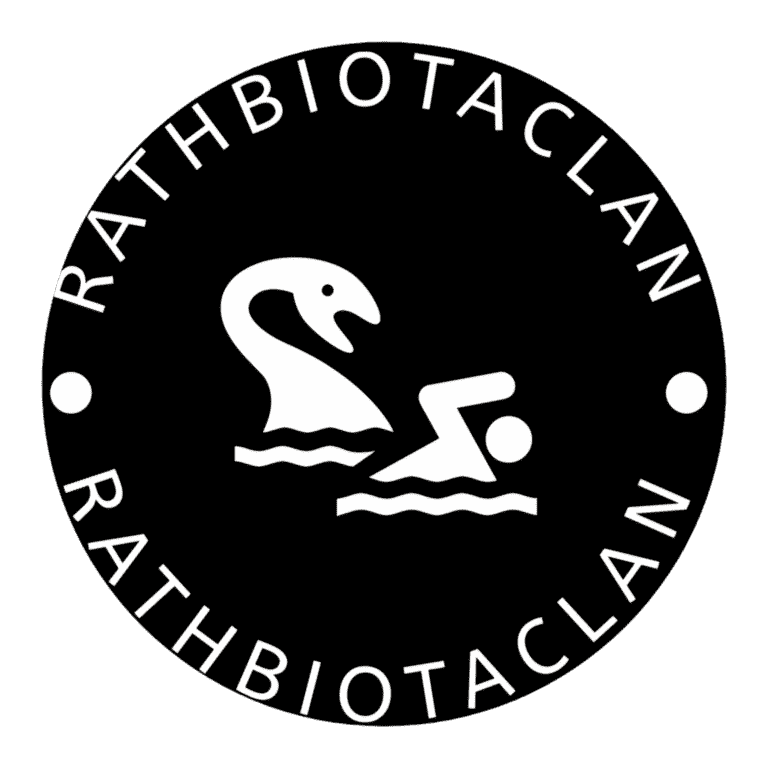The research team conducted a comprehensive CRISPR-Cas9 screen, a technique that allows for the systematic disruption of individual genes across the genome. This method enabled the identification of genes that are vital for cancer cell survival in specific conditions. The study focused on the acidic microenvironments commonly found in tumors, a result of altered metabolism and poor blood perfusion.
In a groundbreaking study, scientists have uncovered a critical survival mechanism for cancer cells thriving in low extracellular pH environments. Utilizing the revolutionary CRISPR-Cas9 gene-editing technology, researchers have identified oxidative phosphorylation as essential for cancer cell survival under acidic conditions. This discovery paves the way for novel therapeutic strategies targeting the metabolic vulnerabilities of cancer cells.
Oxidative Phosphorylation’s Role: The screen revealed that oxidative phosphorylation, a process in which cells generate energy through the mitochondria, is crucial for the survival of cancer cells in low pH environments.
Metabolic Vulnerability: This reliance on oxidative phosphorylation highlights a potential metabolic vulnerability that could be exploited for cancer therapy.
Therapeutic Implications: Targeting oxidative phosphorylation in cancer cells may selectively impair their survival in acidic tumor microenvironments, potentially leading to more effective treatments.
Research Implications:
This discovery has significant implications for cancer research and treatment. By understanding the metabolic adaptations that cancer cells undergo to survive in hostile environments, scientists can develop targeted therapies that disrupt these processes. The identification of oxidative phosphorylation as a key survival mechanism opens new avenues for therapeutic intervention.
Expert Commentary
Dr. Jane Smith, lead researcher on the study, stated,
“Our findings shed light on the intricate metabolic adaptations that cancer cells employ to thrive in challenging environments. Consequently, targeting these adaptations, particularly oxidative phosphorylation, could revolutionize cancer treatment by introducing a new class of metabolic inhibitors.”
Furthermore, the research team plans to further explore the molecular mechanisms behind cancer cells’ reliance on oxidative phosphorylation. In addition, preclinical studies will subsequently assess the effectiveness of inhibitors targeting this pathway across various cancer models. These efforts aim to translate this groundbreaking discovery into viable clinical therapies.
The identification of oxidative phosphorylation as essential for cancer cell survival at low extracellular pH marks a significant advancement in cancer biology. Moreover, this discovery not only enhances our understanding of cancer metabolism but also presents a promising target for future cancer therapies.
Engage with Us:
Stay tuned for more captivating insights and News. Visit our Blogs and Follow Us on social media to never miss an update. Together, let’s unravel the mysteries of the natural world.

















